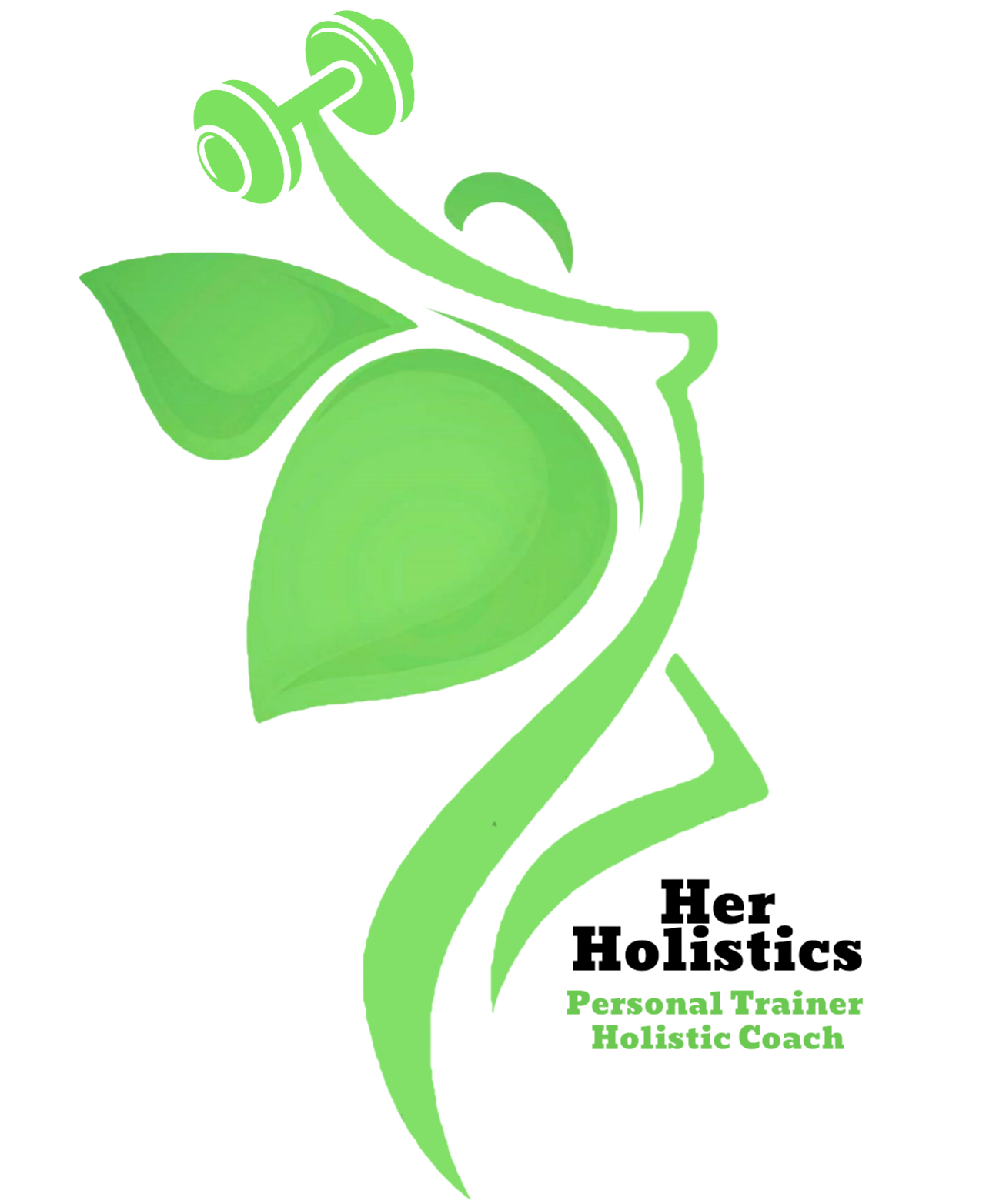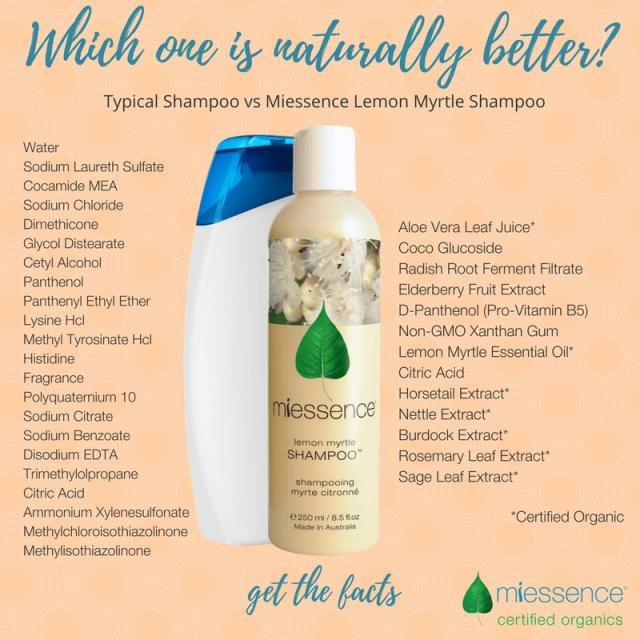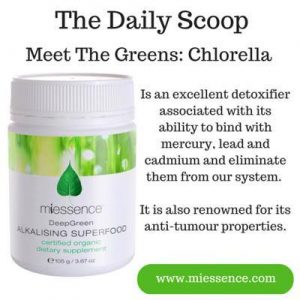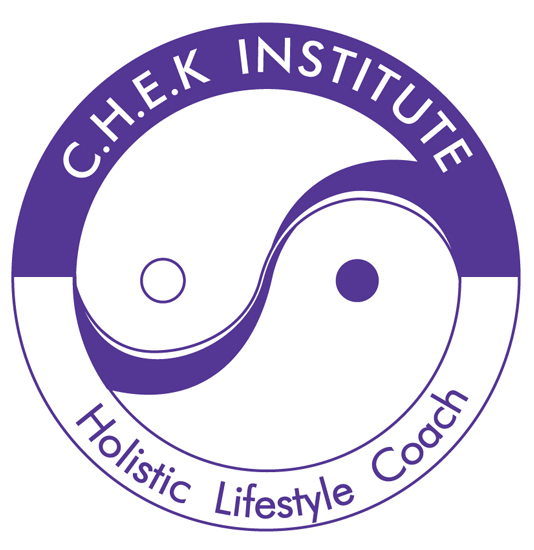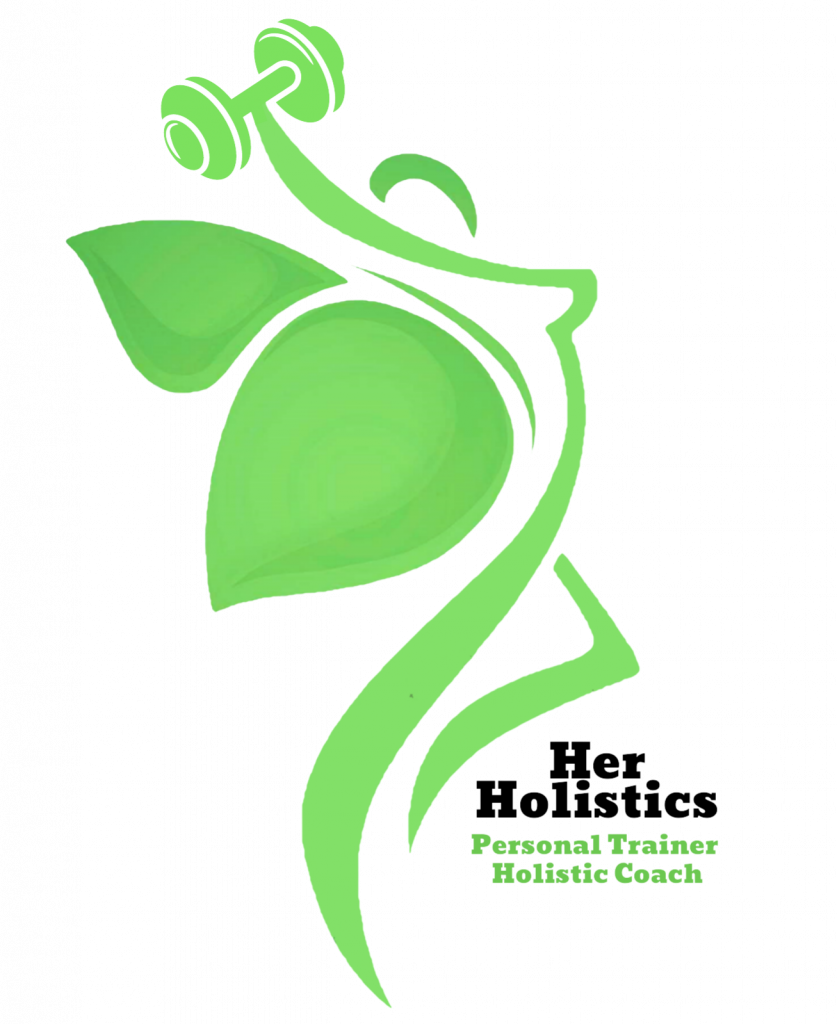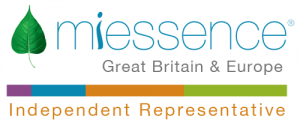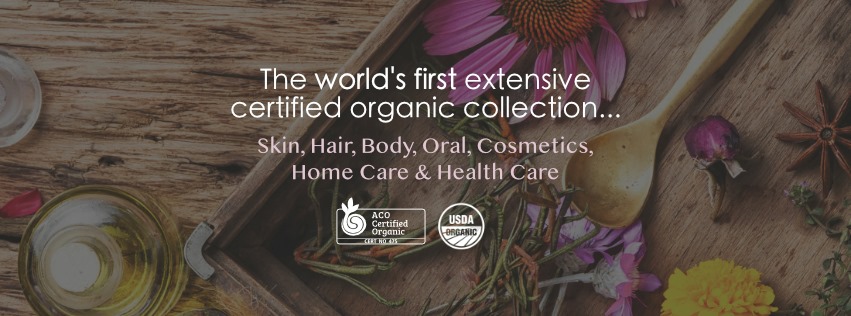7 essential substances responsible for beautiful hair
Posted on December 1, 2019 by emiliajochymek
Nutrients necessary for a proper functioning of our brain, heart and immune system also help our hair to look strong and healthy.
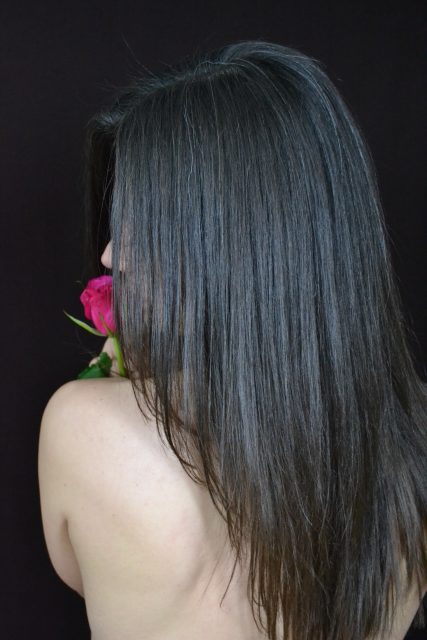
There isn’t just one substance that can heal your body; minerals and vitamins work as a great team and have an impact on each other. Hair loss might be actually just one of the symptoms we experience when something isn’t quite right in our organism. It might be a reaction to trauma, stress or even serious mineral deficiency finally leading to chronic illness. Each of the essential substances has many functions in the body. They regulate activities of other compounds and organs. Deficiency in one of the minerals or vitamins might actually indicate that there is inadequate levels of other substances in the first place, that’s why well balanced diet is so important and holistic approach to our life can give us the greatest insight in what our body actually needs. Our body is a wonderful genius, so preserving life functions is prioritised over less significant tasks such as delivering nutrients to skin or hair. If there is enough of nutrients flowing to the cells, our hair, nails and skin shine. Usually appearance of our skin and hair reflect state of our overall health.
These substances support not only your hair appearance, but they also boost your mental powers.
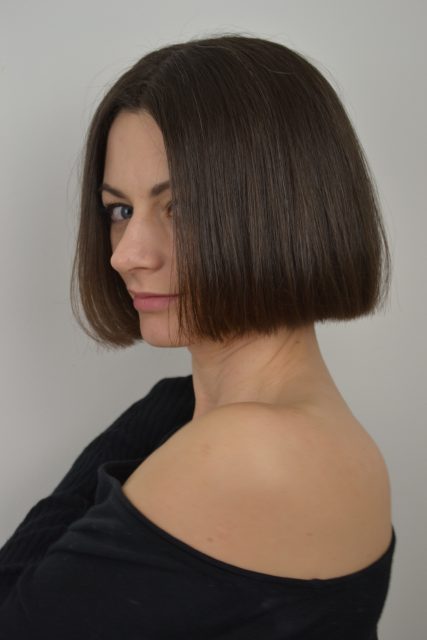
7 natural substances you need to grow long, shiny and nourished hair
- Omega 3 fatty acids are not only crucial for the brain function, but it also acts as an moisturiser from inside out. It strengthens your hair and makes it elastic. Omega 3 prevent hair loss. Eat oily fish or supplement a good quality omega 3 capsules. It is worth adding, that omega 3 is also beneficial for your skin. Omega 3 is also advisable for post-menopausal women suffering from vaginal dryness.
- Biotin and B Complex. Biotin, pantoenic acid, niacin and kobalamin protect your head from baldness and hair breakages. Consume avocados, seeds, nuts and dark leafy greens to supply those necessary vitamins. Biotin can help re-build damaged hair- structure. Pantoneic acid support adrenal glands that stimulate hair growth. Folic acid deficiency leads to anaemia, which is a common cause of hair loss. B Vitamins that are responsible for red blood cells formation and carrying oxygen to the body cells and hair follicles prevent your hair from thinning, drying and falling out.
- Diatomaceous earth as a source of silica is a natural compound that can be found in variety of fruit and vegetables. It also occurs in rocks, clays and sands. Silica helps your skin, nails and hair grow strong and healthy. It improves density and strength of bones. Diatomaceous earth has cleansing properties for the digestive system and is one of the best anti-parasites medication. Hair, skin and nails are made from silica, so its deficiency leads to hair loss, premature wrinkles and brittle nails. It is even used as a natural pesticide in the garden. Once I have started using it for my plants, they started remarkably growing and became bushier and greener. However, if you decide to use it for a detox, as a silica source or to control pests in your garden, be careful to inhale it as long term exposure to it might harm your lungs. If you use it as a dietary supplement, always seek the highest quality food grade diatomaceous earth.
- Collagen – vitamin C. Vitamin C is significant for collagen fiber synthesis and iron absorption. Hair loss is very common in iron deficiency, so adding more vitamin c to your diet will help your hair shine and look healthy. Foods high in vitamin C: citrus, red peppers, tomatoes and cabbage, acerola cherries, baobab fruit, blackcurrants, parsley. Parsley is also a source of iron, so the combination of minerals and vitamins in this herb makes it a superfood.
- Zinc deficiency weakens your hair follicles and is a contributing factor not only to hair loss, but also to breakages and premature greying. Research indicates that some patients with alopecia areata are deficient in zinc and oral zinc sulfate treatment brings satisfactory results.
- Vitamin D3 is synthesised in epidermal keratinocytes (skin cells, which amongst other substances are made of keratin) and its deficiency has been found in patients suffering from hair loss. Some research suggests that even topical use of Vitamin D might be useful in treating hair loss. If you decide to take vitamin D3 supplements, remember to take it in a protocol with vitamin K2 and don’t forget about magnesium. Vitamins and minerals do not usually occur as separate units; they work together and love supporting each other in making you healthy. Vitamin D3 deficiency lead to mood swings, depression and fatique, so make you check your 25- OH with the next blood test.
- Iron and B12. While supplementing iron is not the best idea, as iron itself is highly pro-inflammatory and high concentrations of iron increase the risk of heart attacks, low iron levels or low levels of vitamin B12 can make your hair fall, look dull and brittle. Vitamin B12 is involved in formation of red blood cells. Non-heme iron is best absorbed with the presence of vitamin C and can be found in dark green leafy vegetables, but also in chlorella and spirulina powders. Heme iron is found in red meat and it absorbs better than non heme iron, but as it has been mentioned before, eating meat, especially non organic one, can increase production of free radicals in the body. In turn, meat, fish and diary deliver vitamin B12, but if you are vegan, you need to get it in a form of supplements. B12 deficiency might lead to psychosis, depression, anxiety and memory loss. If MCV (Mean Corpuscular Volume) on your blood test is very high, it might indicate low levels of Vitamin B12.
Sources:
https://www.ncbi.nlm.nih.gov/pmc/articles/PMC3140123/
https://academic.oup.com/ajcn/article/75/5/887/4689403
https://healthy.net/2000/12/06/silicon-2/
https://www.sciencedirect.com/topics/materials-science/keratin
https://www.ncbi.nlm.nih.gov/pmc/articles/PMC3687803/
https://www.ncbi.nlm.nih.gov/pmc/articles/PMC5582478/#B27
https://www.ncbi.nlm.nih.gov/pmc/articles/PMC6380979/
https://www.ncbi.nlm.nih.gov/pmc/articles/PMC3583892/
https://www.jidonline.org/article/S0022-202X(15)41799-3/fulltext
https://www.derm101.com/inflammatory/embryologic-histologic-and-anatomic-aspects/collagen/
https://ghr.nlm.nih.gov/primer/genefamily/keratins
http://lifecellskinfans.com/vitamins-and-foods-that-increase-keratin-production/
Category: Beauty, Wellbeing Tags: b complex, beautiful hair, beauty treatment, diatomaceous earth, hair, hair care, inside out, iron deficiency, miessence, miessence hair care, miessence shampoo, minerals, natural hair, omega 3, organics, shiny hair, silica
Copyright © 2025 · All Rights Reserved · Her Holistics
Theme: Natural Lite by Organic Themes · RSS Feed
